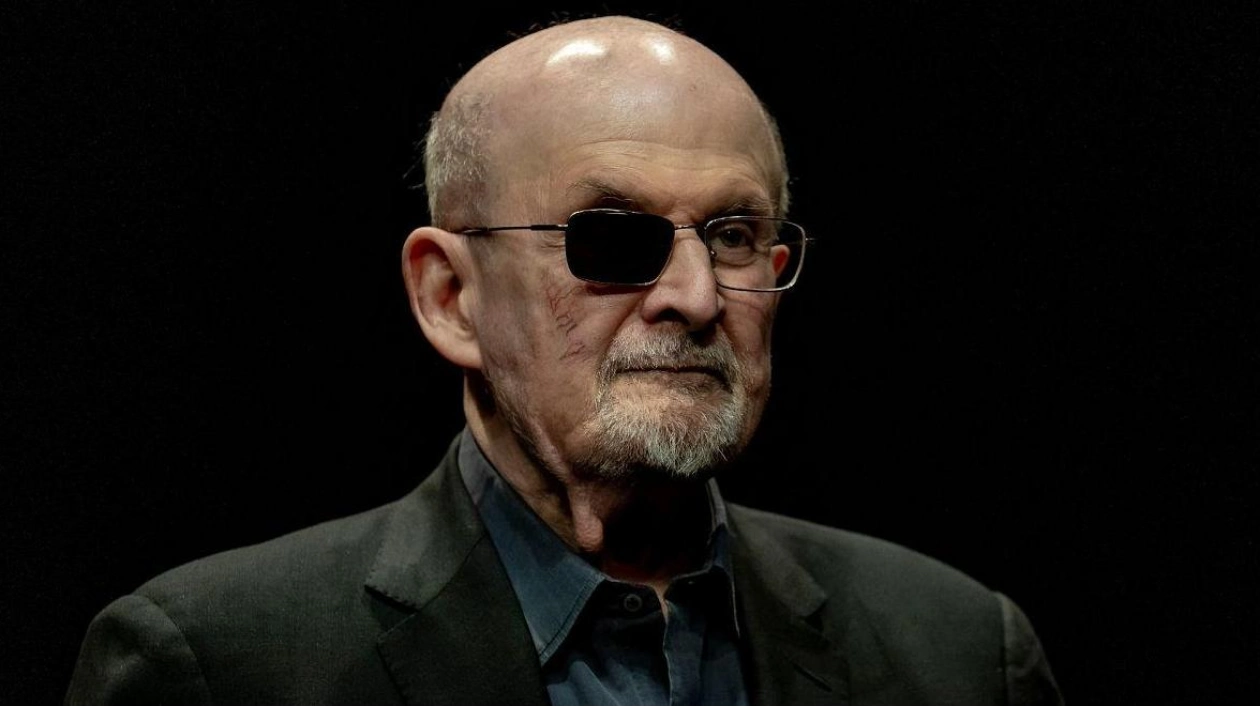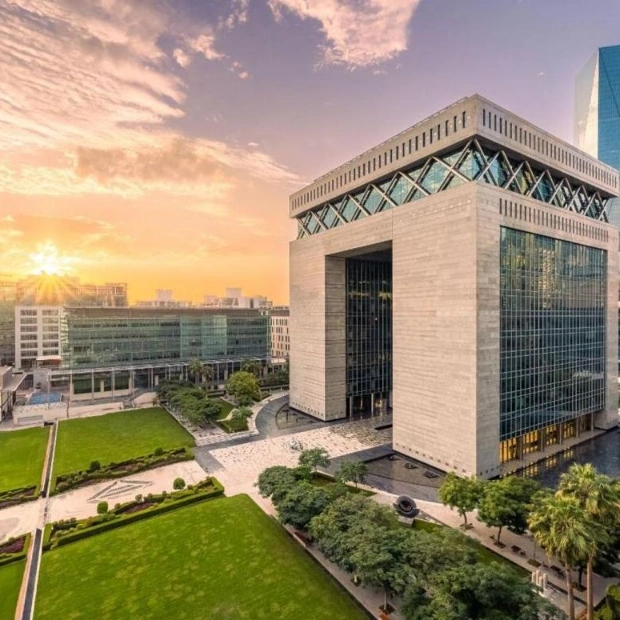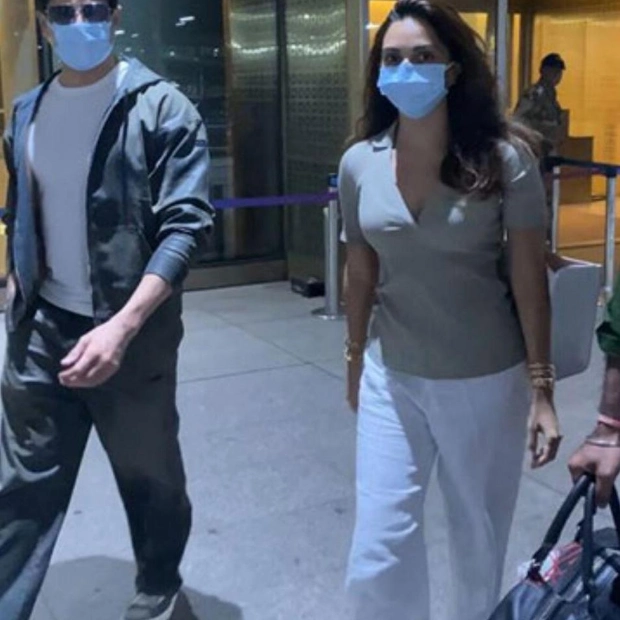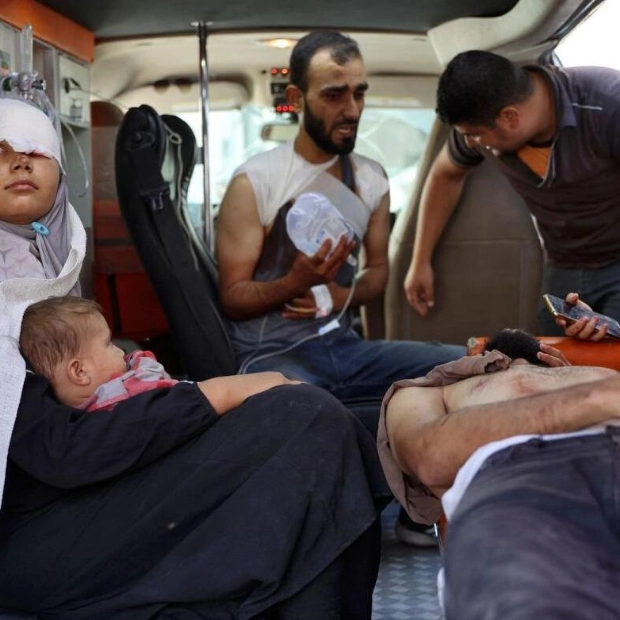Renowned Indian-British novelist Salman Rushdie is poised to re-enter the world of fiction with his first works since surviving a knife attack in 2022. At 77, Rushdie is preparing to release three novellas, each approximately 70 pages long, forming a unified new piece. This marks his first fiction publication following the stabbing incident that resulted in the loss of his right eye. In August 2022, Hadi Matar charged the stage during a lecture in New York where Rushdie was speaking, stabbing him multiple times. Matar has pleaded not guilty to second-degree murder charges and is awaiting trial in October, facing additional terrorism charges. Although this isn't Rushdie's first post-stabbing release, having published 'Victory City' in 2023—a novel completed before the incident—and 'Knife: Meditations After an Attempted Murder' this year, a memoir reflecting on the attack and reclaiming his narrative.
Rushdie revealed the forthcoming triptych of novellas at the Lviv BookForum. Joining the long-standing Ukrainian literary festival via video call, he detailed that each novella would explore the 'three worlds in my life: India and England and America,' all contemplating the concept of an ending. The Guardian noted Rushdie's reflections on his literary career at this stage: 'When you get to this age you obviously think about how long is left. There obviously aren’t 22 more that are going to be written. If I’m lucky, there will be one or two.'
Rushdie gained prominence with his second novel, 'Midnight’s Children,' renowned for its magical realism and themes of migration, the Indian subcontinent, and the West. It earned him the 1981 Booker Prize and was twice named the 'best novel of all the winners' at the 25th and 40th anniversaries of the prize. However, his fame turned to infamy with the release of 'The Satanic Verses' in 1988, which led to multiple assassination attempts after Iran's then-Supreme Leader, Ruhollah Khomeini, issued a fatwa against him. The novel was banned in 20 countries for perceived blasphemy, referencing verses believed to have been spoken to Muhammad as part of the Qur’an but later retracted. Post-publication, 10,000 protestors gathered in Islamabad, Pakistan, denouncing Rushdie and the book, resulting in six deaths at an attack on the American Cultural Center. The book was publicly burned in the UK, and India halted its imports. Under constant police protection from the British government, Rushdie faced numerous threats and attacks on those associated with the book, including the murder of Japanese translator Hitoshi Igarashi in 1991 and the stabbing of Italian translator Ettore Capriolo.






